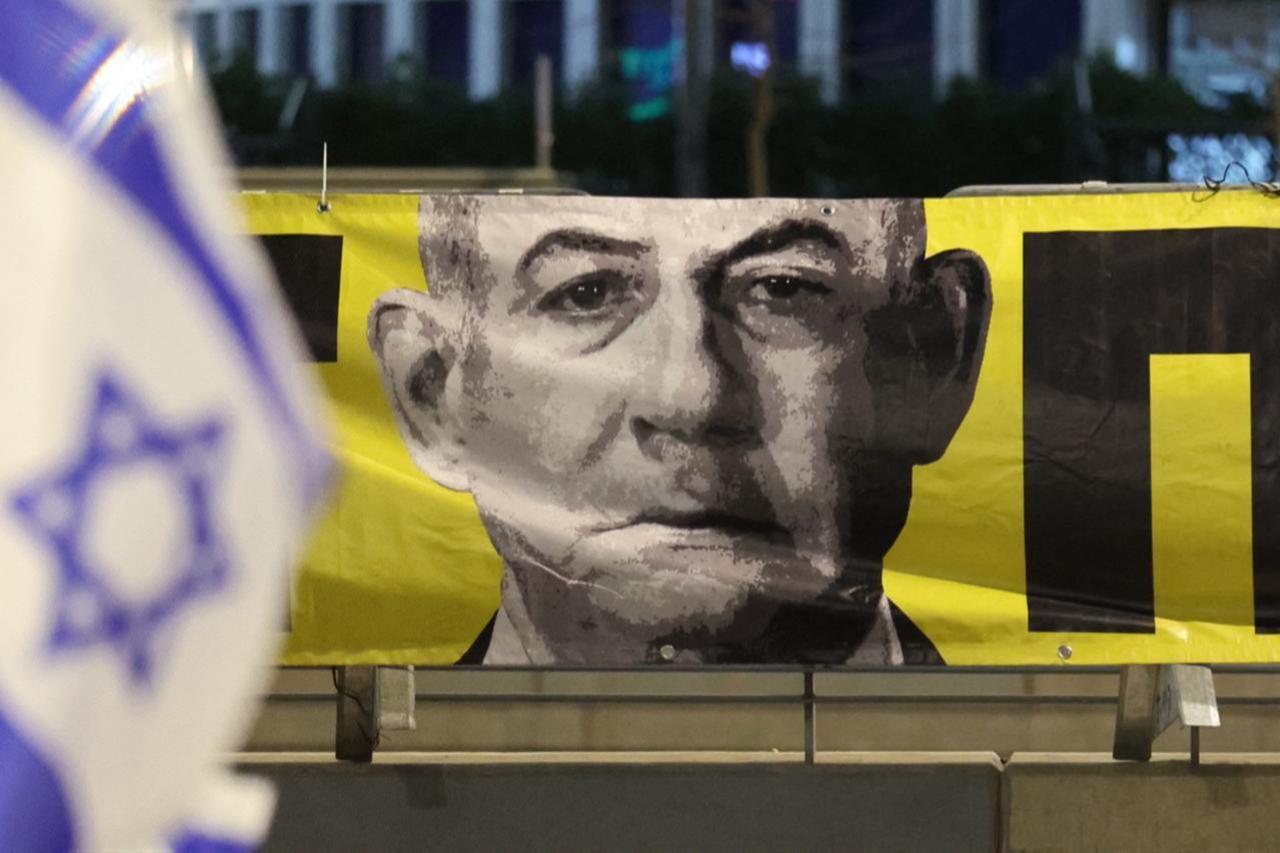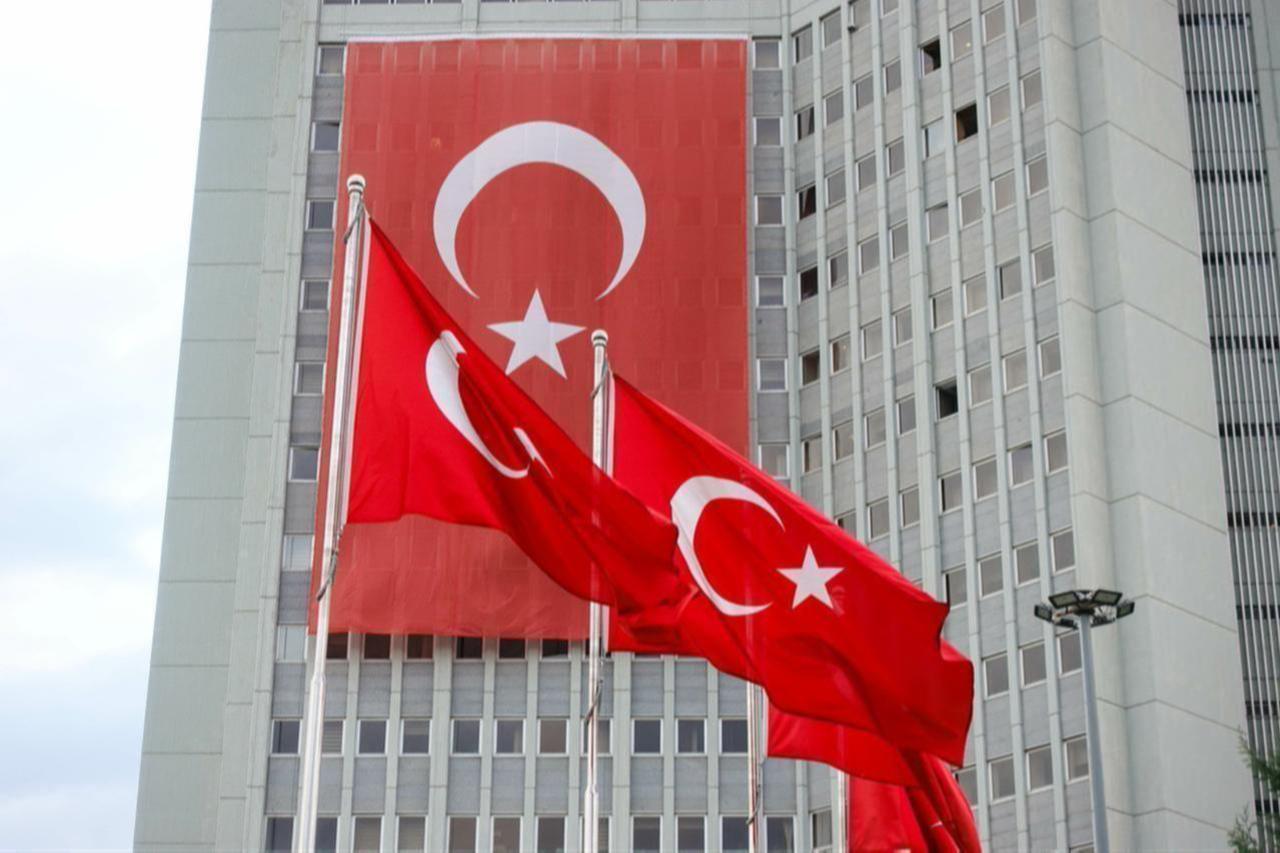
Israeli Prime Minister Benjamin Netanyahu said Tuesday for the first time that he recognizes what is claimed as "genocide" allegedly carried out by the Ottoman Empire against Armenians, also known as the 1915 events.
Asked by Patrick Bet-David on his podcast why Israel does not recognize the Armenian genocide claims, Netanyahu said, "I think we have. I think the Knesset passed a resolution to that effect," though no such legislation has been passed into law.
Pressed on why no Israeli prime minister has recognized the genocide claims, Netanyahu responds, "I just did. Here you go."
In an official overview published by the Turkish Foreign Ministry, it's been noted: "The final years of the Ottoman Empire was a tragic period for the people that made up the Empire. Turks, Armenians, and many others suffered immensely."
"This period needs to be understood in its entirety and the memory of so many lives lost has to be properly respected. Such an exercise requires a reliable factual basis, an open approach, and empathy," the Foreign Ministry noted.
"The Armenian view of history, however, selects the Armenian suffering, embellishes it in several ways and presents it as a genocide—a crime defined in international law—perpetrated by Turks against Armenians," it's been said.
"The acceptance of this version by others has become the national objective for Armenia and the radical groups within the Armenian Diaspora," the Ministry added.
The overview follows: "Türkiye does not deny the suffering of Armenians, including the loss of many innocent lives, during the First World War. However, greater numbers of Turks died or were killed in the years leading up to and during the War. Without belittling the tragic consequences for any group, Türkiye objects to the one-sided presentation of this tragedy as a genocide by one group against another."
"Nevertheless, no authentic evidence exists to support the claim that there was a premeditated plan by the Ottoman Government to kill off Armenians. Moreover, the Ottoman socio-cultural fabric did not harbor racist attitudes that would facilitate such a horrific crime," the statement added.

Meanwhile, Türkiye's Foreign Ministry issued a statement on April 24, reaffirming its call for support for normalization with Yerevan and categorically rejecting any characterizations of the 1915 events that it said distort historical facts and international law.
“We categorically reject the statements on the events of 1915, made in violation of historical facts and international law,” the ministry said.
It described such remarks as “null and void” and politically motivated, warning that they only serve to exploit historical suffering for present-day agendas.
The ministry highlighted Türkiye’s commitment to peace and regional stability, noting Ankara’s earlier proposal to establish a Joint Historical Commission to examine the 1915 events through scholarly inquiry.
It also warned against inciting hostility through historical misrepresentations, urging instead a focus on dialogue, mutual understanding, and reconciliation between nations.
Türkiye proposed to Armenia the establishment of a joint commission composed of Turkish and Armenian historians to study the events of 1915, in the archives of Türkiye and Armenia, along with all other relevant archives in third countries, and to share their findings with the international public.
"Although the Armenian side has never responded, that proposal is still on the table," Turkish authorities noted, adding: "The fact remains that the issue is a matter of legitimate scholarly debate, with reputable historians on both sides."